by Jose Ramos, Kin-Keepers.com - June 30, 2020
A cure for Alzheimer’s, and even aging itself, will eventually be found, probably within our lifetime. Wonderful science is advancing in Senescence and Dementia research. But even when these cures arrive, caring for elders will go on for years. Not always has it been so. In the past parents died soon after grandchildren were born; today, they live to see great-grandchildren. In fact, these days more disposable diapers are sold to seniors, than to babies. Centenarians are now common, not only in the U.S. and Japan but everywhere. However, longevity comes with a price. Half of those that live past 80 eventually succumb to cognitive diseases. For carers, the burden of nursing then becomes overwhelming. Hence, until and even if cures appear, you will need something to continue caring for a loved one. We call that something, “Enchantment.”
Hello, I am Jose Ramos, the CEO of Only One Globe Corporation, a venture helping people learn the meaning of Enchantment for the care of elders. Our work is based on the notion that Seniors have a story to tell. And that if given a voice, we can learn to hear it. We call ourselves Kin-Keepers.
You will not fully comprehend what I have to say unless you feel deeply for another person, which may be your spouse; your Mom; your Dad, your sibling, your disabled child. At aging conferences, we continue to learn about developments in laboratory research and clinical treatments. However, the puzzle of long-term care occurs mostly outside of hospitals. That other side of care requires home-based technology and non-pharmacological interventions. Moreover, none of these will work if you do not train yourself in the Gerontology of Kin-Keeping. That means you will have to hunt inside yourself for something special. Would you like to know if you have it? Would you like to know how to find it?
Consider this story:
An older couple is suddenly trapped in a cave following an earthquake. The entrance has become blocked with tons of rock, and the elders are screaming for help from inside. There is no way out. Oxygen is running low, and time to live is short. With the last few bars on their phones, they call their children, who respond both in anguish and in anger.
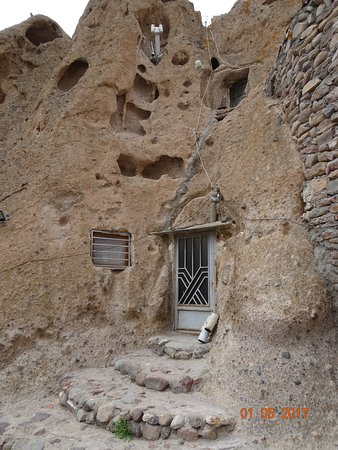
What would you do if you were on the other side, hearing your parent’s call for help? For sure, you will start to dig them out, with whatever you have. And if you had nothing, you would still dig with your bare hands, with your fingernails. You do not think, you just dig…always in the direction of where you hear the voice; knowing they are excavating outward towards you too. You, and they, are desperate.
That is exactly what the oldest son and his siblings did. But they are also angry. Against all advice, his parents decided to abandon their home in Madrid for a cave house in Granada. In this new home, Papa, 90 years old, wants to care for his wife who is 87, and suffers from progressive dementia. They wish to be independent and not a burden to any of their 4 children, who, themselves, are advanced in age.
They moved from the city to end family tensions. While living in Madrid, their children constantly argued about their well-being. Most wanted Papa to put Mama in a nursing home. Only the oldest son, who was retired at 68, saw things differently. He wanted them to come live with him, in his house, with his wife and children. But Papa was stubborn. He wanted to care for his wife, his way, in their own home.
To that end, the son offered a compromise. Papa and Mama’s Madrid house would be modernized with the latest technologies for nursing. He insisted on furnishing Papa with physical and emotional aids to help his parents live on their own. These would work well while his aging parents were not bedridden. And when that day arrived, the aids would greatly simplify caregiving for him or any other relative who would watch over them. After that, he reasoned, the improvements could be passed on to a multigenerational family compound, where resources could be pooled to attend other elder relatives.
And so, the work began. On the physical side, he installed a ceiling lift to transport Mama inside the house; a lumbar vest support to magnify Papa’s strength in lifting her out of bed. He added a self-bathing tub and a bidet for cleansing. Moreover, he found a wheelchair operated
with a big red button, that helped Mama go from sitting to standing erect with safety. It could even securely lift her up to reach upper cabinets in the kitchen. He gave both parents special hearing aids that kept them connected. These not only amplified sound but acted as an intercom allowing even murmurs to be heard when not in the same place. In fact, the son discovered that most of the labor associated with the Activities of Daily Living could be automated. Still, all this was not cheap, and his siblings continued to debate that it would be best to have put them in a nursing home.
But the oldest son was undaunted. He also addressed the emotional side of his aging parents’ needs. Mama suffered from advancing Alzheimer’s and struggled to be understood. So, he installed an Artificial Intelligence PET capable of translating Mama’s sometimes unintelligible speech. Hence, when Mama says, “Get me my thing over there,” the AI PET interprets her request as: “Bring me my reading glasses.” This breakthrough technology had been developed for war. Out on the battlefield, soldiers needed reliable communications that did not depend on continuous internet connections. Using no more than a 5 Mbyte footprint the device warned of a sniper around the corner, a mine discovered the day before. And now, this science was being used as a PET, which as an acronym stood for assisting at a Place, with an Experience, in Time. (see CALO).
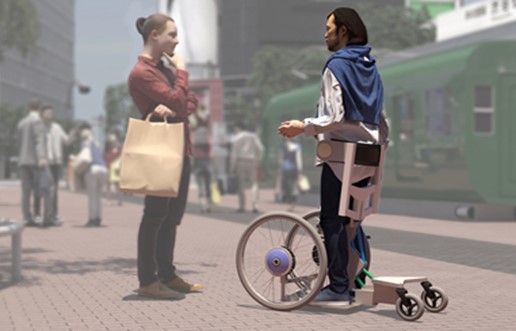
From Harvard’s Massachusetts General Hospital, the son imported the S.L.E.D.S process, which helped him navigate his efforts to holistically improve Sleep, Learning, Exercise, Diet, and Stress. Sleep for Mama was improved with a 40 Hz sound device, taken from research work at the Picower Institute at M.I.T. He learned it enhanced the deep sleep wave oscillations-- so vital to help consolidate memories. Exercise was a series of early Tai-Chi routines accompanied with a sitting treadmill. Diet included a ring that monitored hydration levels and prompted Papa and Mama to drink more water. And a raised, small vegetable garden that radiated with flowers was placed on the porch to make them feel useful as well as entertained, exerted and fed. All these additions were clearly presented for his parents and his siblings to understand and adopt. He got their buy-in with an approach he came to know as “Enchantment.” Here is how it works.
The physical assistive devices respond to voice commands and remember patterns. Through IoT sensors, they infer needs of the elder and alert the family, if warranted. For example, if the stove had been left on too long or operated in the middle of the night by Mama, the knobs on the stove, programed with Enchantment, blinked wildly, then turned off while letting Papa know. Papa had an umbrella, but its handle was different. Its design inspiration came from David Rose of M.I.T. It glowed when it sensed approaching rain. Similarly, wall colors could change optically, to project scenes of nature, helping the natural circadian rhythms of the two elders. Moreover, just before lunch it briefly cleansed their retinas in red light to forestall the decline in their aging eyes. There was more: When the sun started to set, the interior of the home was bathed with warm brightness that offset the shadows that triggered Mama’s sundowning confusion. To the elders, the home was dynamic, alive, and enchanting. The additions in all ways aimed for acceptance. To that end, they warned the elders prudently, routinely without fuss or alarm.
The arrangement also was profitable. The raised, small vegetable garden that radiated with flowers occupied only the size of a small child’s swimming pool – 5 feet wide. However, once crops started to appear, they went on producing enough for the couple and their families. That made Mama and Papa feel important. In a small way, it brought the family together around safely grown vegetables. And if the elders were interested, they could add other small size crop beds to sell to the church. Meanwhile, the crop circles did not depend on luck. Soil sensors specified the timing for watering, weeding, and harvesting. Moreover, what to grow was in harmony with the efforts of other families supplying the church. Requests gathered months in advance were communicated via the Guardian PET.
All were pleased. Churchgoers were willing to pay a bit more to support the elder parishioners in exchange for local high-quality, fresh food. The church benefited from a small commission to pick up and display the harvest. Finally, Mama and Papa reliably could earn up to $75 dollars a month; not much, but enough to pay for medicines.
It goes without saying that the AI PET at the center of it all, had Enchantment too. Its physical form could appear in different places. In a room, it could be the voice of a picture or painting. In the bathroom, it could be a mirror. The Natural Language Processing that powered the gadget inside could also appear as a simple speaker voice assistant, or it could look like a mascot or a lamp. It achieved the chameleon-like transformations with two brains that accompanied the voice. The first brain was the traditional Augmented Intelligence pattern-seeking, predictive brain. The second was a quirky, motion guiding engine that animated the lamp to move with human-like intention. The inspiration came from the work of Professor Guy Hoffman of Cornell University. With enchantment, the lamp, especially with its second brain took on qualities that made it not a robotic object to be used, but a personal companion to be loved. Even critics admitted that this was more than a digitally-driven smart building; it was an enchanting home. It all worked well.
But the siblings did not appreciate it this way. For sure, they approved of being notified by the sensors if ever a need arose in their parents’ house. However, they felt uneasy about all this delegation to devices and argued that more, not less, human presence was what the parents needed.
The oldest son opted for consensus. Observingly he noted that most of what Papa and Mama required arose as a onetime matter, for which they had neither knowledge nor time to explore. And so, he joined all into a family support circle that showcased an ever-expanding array of senior products. It was a forum where he and his siblings could see and agree upon what to do or buy. Consensus required the inclusion of his parents. And that was now possible for Mama with the aid of her AI Guardian PET. The family agreed. It had promise but overcoming disagreements would take time.
Moreover, the Family Circle was a place to put content: memories, music, even family news. It kept the siblings connected with their parents in a manner that they alone understood. Also, it kept the seniors tuned in to answer questions as specific as calendar events, or more general like: when was the next grandchild birthday, what were their likes? The world had indeed changed, and all were separated geographically, but with modern technologies, at least in the dimension of information, distance could be dissolved.
Impatiently, Papa decided to move from Madrid to the cave house in Granada. He wanted the bickering to stop. More importantly, he avoided, what he perceived, would be a loss of control in matters that affected the lives of he and his wife. He valued the concern of his children, but they simply failed to understand that the way he chose to live was the culmination of a lifetime of choices. Choices that reflected not only what the biosphere offered, but what he and his wife had decided to make space for in their world.
Papa, in his younger years, was a Merchant Seaman. He started as a cook, but in time rose to be the ship’s Chief Steward. In that capacity he directed, instructed, and assigned personnel to prepare and serve meals. Moreover, he oversaw cleaning and maintaining officers' quarters while also being the buyer, receiving, issuing, and inventorying stores. He made it a career and traveled the world. The downside was that he was always at sea, save for when the ship docked to bring or take in cargo. While the kids were small, it worked ok. The loading of the ship often took weeks, and that afforded time to be with the family. But in the early ’60s modern trailer hoisting cranes were installed at the Pier, and now what once took days, could be done in hours. The family suffered in getting only glimpses of him as he came and went from trip to trip. And that probably weekend the bond for the younger children with their Dad. Only the elder son had fond memories of play. Papa felt it too, but that was then, and this was now.
Papa and Mama now wanted freedom. The kind that gave the day meaning. Waking up with the freedom to rise or sleep; work or play; eat or fast, was all they needed. In the end, small freedoms were what gave life purpose. And so, it was that Papa enjoyed a morning smoke, even when he had been warned about its risk. He also liked a strong cappuccino after dinner, even though it led to poor sleep and multiple visits to the restroom in the middle of the night. He drank wine more now than before. A red Rioja, only from the Basque province of Álava, relaxed but raised his blood pressure. Mama, for her part, no longer bothered with frequent bathing for it dried out her thinning skin and made her itch. She also preferred comfort in clothing over style and walked around in the same old dress for weeks on end. At this age, after days of constipation, both appreciated more than a gourmet meal, a good bowel movement. And when the hot summer Andalusian sun arrived, he and Mama paradoxically wore jumpers. Because of their slower metabolisms, it always seemed cold.
The children saw this as capricious, but Papa thought of it the other way. It was they who capriciously arrived with changing fads. Today, it was good to take plenty of B12 and D vitamins, tomorrow not so much. Yesterday it was the vegetarian diet, now it was the Keto or the Mediterranean. And lots of prescribed medicines had replaced the natural herbs and remedies they knew as children. All of this spoke of average needs sourced from authorities, none of it created with their unique wants in mind.
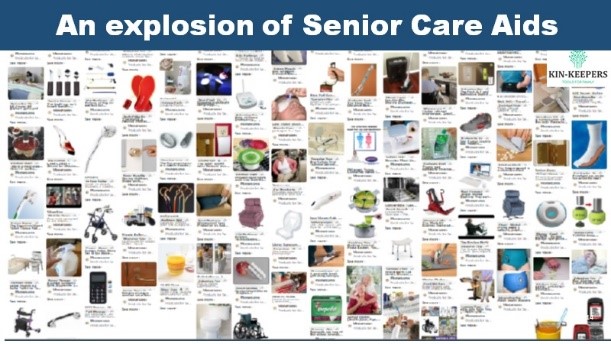
The son, desiring to make his parents happy, finally consented to help them move but hastened to add conditions. All the improvements he had made for his parents’ city home would have to be transferred to the new cave-dwelling. Furthermore, he and his siblings were now particularly grateful for the established family circle forum. Dealing with the novelty of needs presented by the new place continued to be beyond anyone’s knowledge or time, so they simply delegated search tasks to the AI Guardian PET. The PET would take its time hunting with what it already knew of the elders and the family. When ready, it would alert all to convene to see videos and learn of its findings. With products arriving in the AgeTech space every day, it alone was able to keep up with the latest. Moreover, it was keen to find solutions that would be accepted by Mama and Papa.
Additionally, the AI PET as a software tool, was connected to all other PETS. And while it did not share personal or private data, it was able to learn from other Family Circles, what was working and what was not. That made it possible for the Son, his siblings, and his parents to converge quickly upon answers. The remaining step was to persuade Papa.
Here is how so: If consensus had been attained with the siblings, the next step was to get buy-in from the elders. That often took time, since Papa was set in his ways, and spoke for Mama. However, time was what the AI Guardian PET had, as well as awareness of life patterns and of the idiosyncrasies of its owners. Using this knowledge, the AI PET would find moments when the novel product or service could be broached. For example, when the problem of leaving the stove on arose and a solution found, still there was the need to bring onboard Papa and Mama to its use. To that end, the PET would avail itself of a spontaneous moment, like when the couple was watching a cooking channel on TV. Listening for the right time it would press the idea forward with Papa. This would go on in different ways for as long as the siblings set it up. But if after the prescribed period nothing occurred, at least the AI Guardian PET would interview Papa about his rejection and send the finding back to the family circle. This delegation greatly enhanced potential adoption by Papa and Mama and freed the family from contentious, often unfruitful dialogues. It worked like a charm. And just as the robotic vacuum cleaner that had been set up to clean the floors, without further consideration, so too the Guardian PET went about its business tireless seeking adoption until done.
Through the family circle forum, the son got his siblings and his parents to accept another move-in condition. He fashioned the cave with a central pillar and a 2-ton metal door, that, despite its mass and weight, easily swung on hinges. These were intended to prevent a roof collapse, for which the son was soon grateful, as indeed, that event had now arrived.
Back to the present. An earthquake has trapped the old couple inside a cave. The entrance is now obstructed with fallen rock. As the son continues digging, news of the cave-in ignites the media. Others from the town and from around the country learn of the need. They come to help. They arrive with a variety of ideas, different plans, and products – all which hit the TV, the radio, the papers. Some are quite ingenious. They find a way to open a small hole, to let in air, and allow food and medicines to be lowered into the cave. This buys some time.
All efforts are heartfelt and welcomed. But none of the outsiders are, at the base of the cave, the entrance. They are not around to listen to the voices of the trapped inside. For them, the event to save the two old people happens virtually. It is an opportunity. Their ideas are clever, heroic, newsworthy, even profitable. Yet, while the sustaining remedies purchased time, they do not open the cave. The ceiling has not come down thanks to the central pillar.
Moreover, the big metal door is off its hinges, but fortunately holding up the roof. It presents a new problem. For now, it is blocking the entrance beyond the fallen rock. To proceed too fast could weaken this support. The metal can buckle and crush the couple inside. So, the son digs away at the fallen rock slowly, with great caution. Minutes turn into hours; hours turn into days. A week later, the parents are still breathing, but not saved. Some outsiders leave. They gradually disperse, feeling that at least the elders, if not yet rescued, thanks to them, are alive.
The siblings now encourage their oldest brother to rest, to go home, to restore his
energies, but he refuses. He acknowledges that for now, they are safe, even sleeping inside. Nonetheless, in his mind, he still hears the voice of Mama and Papa, calling from the other side. He cannot explain it, but he senses something, and that compels him to stay. Call it a sixth sense, but whatever that is, he finds no word to explain; it is more emotional than logical.
If you share this sentiment, perhaps it is because now the son is you.
And then unexpectedly, one morning of the second week, a small seismic shake brings a piece of the cave ceiling down. It is only a duster, nothing major has occurred. It has only lifted a small hazy cloud inside the dwelling. For the trapped parents it would seem minor too, only now they are old, and their bodies do not adjust as fast anymore. The duster has consequences. Suddenly the cries from inside stop coming. In its place are heard softer sounds. You pause to listen and what you hear transforms you. No longer are your parents shouting for help. Both are weak. They have been stressed for too long and their bodies are unable to bounce back even from the minor duster. They realize that their time has come. Fear overcomes you. People are not afraid of death, but fear dying. So now, they are quietly praying and, in their words, telling a story. Others also hear, but the narrations sound incoherent. They pay no attention. They just keep on hammering at the rocks. Then amidst the noise, you shout for all to halt, so you may hear your parents’ weakened voices.
There is anger. Your siblings argue that this is not the time to stop. “That is just like Papa, wanting to control things he no longer understands,” they say. We must hurry, get them out, and allow us all to get back to our lives. Lives filled with responsibilities, with children to raise, mortgages to pay, jobs to be held on to. Yes, the elders are trapped, they say, but in no pain or immediate danger. This rescue has gone on for too long. It is time to finish it. They give permission to advance. So, the organizations press on with their logical, heroic, and even promotional schemes for saving bodies. But not you.
You are now paused and listening. Then, what you hear are the words of your parents’ souls. They are speaking with their God. Slowly, in whispers, they are uttering their last chapter of life. You recognize at that moment that you are in the presence of a powerfully sacred story that calls for a holy silence.
The Franciscan Friar, Richard Rohr, speaks of this being a liminal space.
“In liminal space, we must leave business as usual—which often looks like a sleepwalking trance through daily life of which we are not conscious—and voluntarily enter a world where the rules and expectations are quite different. Some call it “voluntary displacement. When we wake up in this way and find ourselves on the threshold of something new, we are shocked into realizing that our usual life trance state is not the only option, and there might just be something more.
A liminal or threshold experience can take many forms: a time of birth, or a transition from life to death, or a time of grief following a divorce or an impending death.”
You may have entered such a liminal space.
Learning to be a Kin-Keeper
In the beginning, I mentioned that more than technology, you would need something special to navigate long term care. Remember? Well now is the time to find out what it is and if you have got it. It starts with valuing the parents praying stories.
Tenet one. Listen for stories.
In today’s world, we forget that a story is a sacred aspect of our humanity. No other animal that we know of, does this. According to Dr. John Countryman, of the Virginia Commonwealth University, telling a story of our lives is a dynamic revision of things past, mixed with hopes for the future. It is in telling a story that we put ourselves at the center and become the heroes of our lives. Furthermore, it is in weaving this tale, that we achieve meaning.
Back at the cave, your siblings tell you to not pay attention; focus on the digging; your parents are delusional. They are suffering from the rarefied air. But you think differently. At this moment, in this place, being present, being an active listener seems more important. However, the other rescuers do not see it this way. They are organizations not in a filial bond of love. For them success is not about listening, it is about projecting upon the victims, their interpretation of a life, without death. It is practical but not sympathetic. And so, they push even harder to free the senior bodies.
Tragically, the effort weakens the supporting structures. The cave ceiling and all the mountain rock atop it come down. The elders are buried. They are now entombed inside the place they chose to live. It is over.
…PAUSE
In the end, after others withdraw, the son remains, still kneeled at the
entrance. He is in full sight of his own children and his grandchildren. His eldest grandson outside tries to make sense of it all. His grandfather is sad, but his face is peaceful. He has done all he could to help save his parents. He takes comfort that he did not miss the moment when all that was needed was to hear their goodbyes. Like watching a sunset, if you avert your eyes too soon, you risk missing the beautiful aura that follows, just as the sun dips below the horizon. The flash of green light happens for a fleeting moment.
The siblings depart in grief. They were too distracted to hear the last words of their parents. They are devastated but reconciled with the fact that the terrible ordeal has ended. They will remember forever this day, but they will not grow from it. In time, it will become just another sunset. No special beauty, no special meaning, just a vanishing of light. It is heartbreaking in another way, too. A funeral will soon come, and at it, the siblings will wail with sorrow. But no number of tears can feel the void. More unfortunately, the siblings have lost a chance to show their own children, and grandchildren, how to listen.
Tenet 2. Morality is a cultural thing.
Caring is physical but also cultural. Appallingly, some never understand this. In India, there was an incident of three sons who abandoned their mother on the steps of a crematorium; she was still alive. In Mexico and Indonesia, there was news of elders being abandoned in dumpsites to fend for themselves. And in Japan, an alarming number of old people die alone, their bodies discovered sometimes weeks after their death. In Japan not enough people want to work in the mortuaries, so the deceased are taken to “corpse hotels” where the air conditioning keeps the cadavers “refrigerated” while awaiting burial. Morality is fragile.
It is astonishing, and of course discouraging, to see economics now elevated to the position of ultimate justifier and explainer of all the affairs of our daily life, and competition enshrined as the sovereign principle and ideal of economics. It is impossible not to notice how little the proponents of the ideal of competition have to say about honesty, which is the fundamental economic virtue, and how very little they have to say about community, compassion, and mutual help. For human beings, affection is the ultimate motive, because the force that powers us, as [John] Ruskin [1819–1900] said, is not “steam, magnetism, or gravitation,” but “a Soul.”
Alienation from what should matter may be the sad reality of unbalanced materialism. But cultures can be changed. In Africa, an American Anthropologist goes to teach children. At the end of a lesson, she wishes to celebrate their success with a reward. She lines up all the children on one side of a room and at the far end, she places a basket full of fruit. Now she tells the children to await her signal, announcing that whoever arrives first wins the prize. But when she says go, to her amazement the children join hands and run together. They then share the basket. The teacher asks the children why. They say that winning for one would make many others sad. That is the lesson of Ubuntu; we all win together. We all live together, too. Morality is a cultural thing.
The lesson is disregarded with long term care in today’s world. We can automate away the physical drudgery of care. With AI we can rekindle declining minds with memories, music, warmth, and laugher. And at the right moment, we can foster end-of-life spiritual reconciliation. But the purpose of all this technology should not be to remove human touch. It should be to free up moral time. That occurs only if the technology engenders a transformation of love that elevates both the giver and the recipient. Kin-Keepers techniques make it possible but there must be motivation. Make no mistake: If you determine to buck culture with technology, and free up time to accommodate an aging loved one, you will need self-transformation.
Tenet 3. Curiosity rekindles affection.
This transformation is not easy for everyone. Some trying to care for the old, champion elder rights. But caring cannot be attained with protests, marches, or laws. Caring is not about controlling the outer world. It is about managing oneself through curiosity. It is about bringing together two different poles of life. In the present moment, you live the life allowed to you by your culture. However, Seniors no longer experience the life of their immortal youth. Their choices and priorities no longer align with what others would deem sensible. As they age, they feel more deeply deaths than births. While saying goodbye to so many friends, they also say goodbye to the events and yearnings those friendships made them aspire to.
Moreover, there is supporting research on why this unfolds. According to the work of Laura Carstensen, Psychologist on Aging, at Stanford University, elders chose and prioritize how to invest time in their remaining years. It frees up energy for what now matters most. Old ways like going to a movie, no longer excite even while it may still interest you. As we age, we become increasingly selective, investing greater resources in emotionally meaningful goals and activities. This may seem incomprehensibly annoying to you. Notwithstanding if you take a stance of curiosity, you begin to realize the senior’s point of view, and the frustration melts away.
As I say these words to you, my old cat comes in wanting to be scratched. Totally oblivious to what I am doing, he insists on my attention to his needs. Begrudgingly I give in. You might say that I am being kind, but I am not. Over time I have learned to tame my exasperation with curiosity. I use it to figure out why my pet has changed from what he once was. Sometimes the discovery changes everything in how I feel about his behavior. My cat has grown old with me and is now beyond his agile self. Where once he meticulously preened, he now embarrassingly urinates around the house. I watch him with displeasure, but also with loving-kindness. He still looks into my eyes seeking to be understood. I need this. Now then, I try not to spoil him answering his every whim, but instead, sometimes have him wait. In so doing, I choose to study more carefully why he so behaves, even while it is more practical to just put him down. After all these years, my cat has domesticated me as his Kin-Keeper.
Tenet 4. Authenticity allows you to let go
The secret is that as we age, peace comes more from forgetting and letting go to make way for a new self. This starts off as a practical matter, as witnessed in the Netflix series “Tidying Up with Marie Kondo.” Konmari, as it is called in Japan, stresses letting go of things we no longer use or have need for. Ceremoniously she arranges former belongings, and one by one says goodbye to them.
Such a process also applies to your personal life. Grudges and misunderstandings become passé, so just forget them. Surrender yourself to simplicity by just letting go. The exercise soon invites you to leave behind fads and appearances. You accept the natural fading of your hair; the wrinkling of your skin; the slowness in your gait; the failing accuracy of your memory. As you embrace your authentic self, you learn to value the same in those around you. This includes your elders.
It should not be a surprise that letting go is a spiritual thing, too. Intuitively we understand that there is more than our consciousness. At times it is scary to imagine life beyond death. But the mystery of transformation more often happens not when something new begins, but when something old falls apart. The pain of something old falling apart—chaos—invites the soul to listen at a deeper level, and sometimes forces the soul to go to a new place. That new place need not be foreign. For guidance, seek out a loving elder. Done well you will hear wisdom. It can be an exciting moment of self-discovery. Moreover, it is the natural progression of aging, and you too are becoming old. The experience is what Yale professor and NY Times columnist, David Brooks calls going from the first to the second mountain of life. It comes to all. Sooner or later it will happen to you. So why resist? Only then, can you be receptive to what it means to be a loving Kin-Keeper. Only then will you see the brief flashes of green light that accompany a sunset.
Tenet 5. Romance binds you
If you achieve authenticity, what do you do with your newfound self? Seek romance. And yes, in the way you did when you were young, but this time with understanding. You see when one seeks romance, it is a journey towards diminishing self to merge with another. The experience erases the “you” to become the “we.” Romance can be with Nature or with God, too. Nature is achieved in the transcendence of meditation alone in the mountains or along the sea. It is similar to the religious experience of Mystics in the 13th Century; St. Francis and St. Clare of Assisi comes to mind. For them, romance was to give up all trappings of self to then embrace poverty. This afforded a closer approximation with those they served. True romance is indeed spiritual. The feeling of romantic transcendence has become obscured in our rational materialistic world. To many, it may seem simple. Yet, its power to bend hearts to a ‘truer self” continues thriving even in the heart of war-torn Palestine. The Franciscan Order has been present in the Holy Land almost uninterruptedly since 1217 after it received concessions from the Mameluke Sultan in 1333.
Elders seek transcendent romance more than anything else. For them, it is a chance to leave behind the body pains and depressions of life. For them, it is a chance to love and be loved unselfishly. Helping a parent get to this place will also change you. Think of it as awareness expanding activity that grows from you to encompass another. It is Anthony de Mello (1931–1987), an East Indian Jesuit priest, psychotherapist, writer, and public speaker. of said: “Ridding yourself of illusions.” When romance brings that about, that is wonderful, wonderful! When it deviates from that, it is an illness, a plague to be avoided. Once illusions have been abandoned, the heart is unobstructed, and love takes hold. That is when happiness occurs.
Tenet 6. Empathize.
Your commitment to remain curious, authentic, and religious is not enough. You also need empathy. That happens when you desire to walk in the shoes of a loved one. It allows you to imagine pain with joy, agony with hope -- so vividly present in the waning years of life.
Sincere empathy grants freedom to elders and to yourself. It is about facilitating for those we love, a certain degree of inner space, to see beyond the moment and get rid of past grievances. Done well, it makes room to genuine love to flourish again.
Here is how it is done.
Look into the eyes of your loved one. Do not talk, just allow your mirror neurons to align with theirs and theirs with yours. Give it a moment, especially if this is the first time. Now you are connected, not in voice or logic, but in sentiment. As Maya Angelou once said, they will soon forget what you have to say, but never how you made them feel. It only takes a little practice and time.
Regrettably, time is not always on your side. Caring knows no time frame. It is one thing to be present for a loved one’s last dying days. It is another to journey with them for years. It can be done but caring will be easier if time is on your side. Can you do it?
Responsive affinities are hard for those still toiling away at work, caught in an all-pervading material world. In its cultural grip, it is hard to abandon primary motivations like our need for power and control, our need for safety and security, and our need for self-centered affection and esteem. Moreover, elder empathy, in the years to come will be tougher. I worry. So many inconvenient truths will converge upon the next generation. Striking a balance without cultural support may be impossible. Confronting ingrained social prejudices of Aging will be harder for caring now extended not in years, but decades.
Mercifully, time to resonate with elders is within reach of those retired (not necessarily living comfortably) but still with strengths. For those aging boomers, who have matured in years, as well as in their thinking, beliefs, and emotions, there is hope. Retired seniors if willing, can show a way to a kinder care. entwined in communication, not of logic, but of emotion.
In closing I will say this: We need not be saints to make this happen, we only need seek to be Kin-Keepers. Enchantment can bring you the technology, but yours is the transformation. Will you do it? Only you will know. Be willing, or, as my second daughter says, “if you hear the music, I hope you dance.”
Namaste

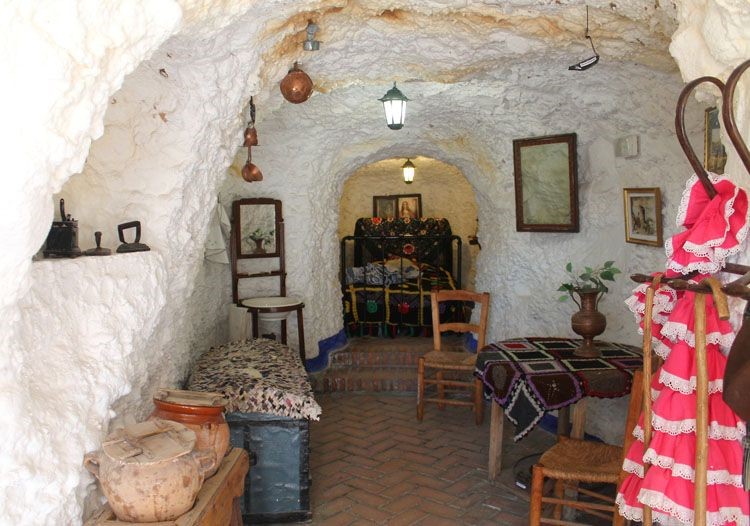
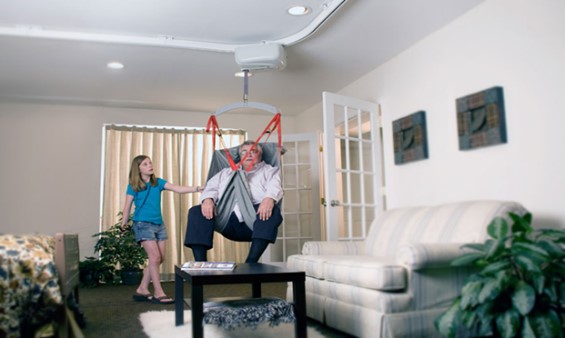


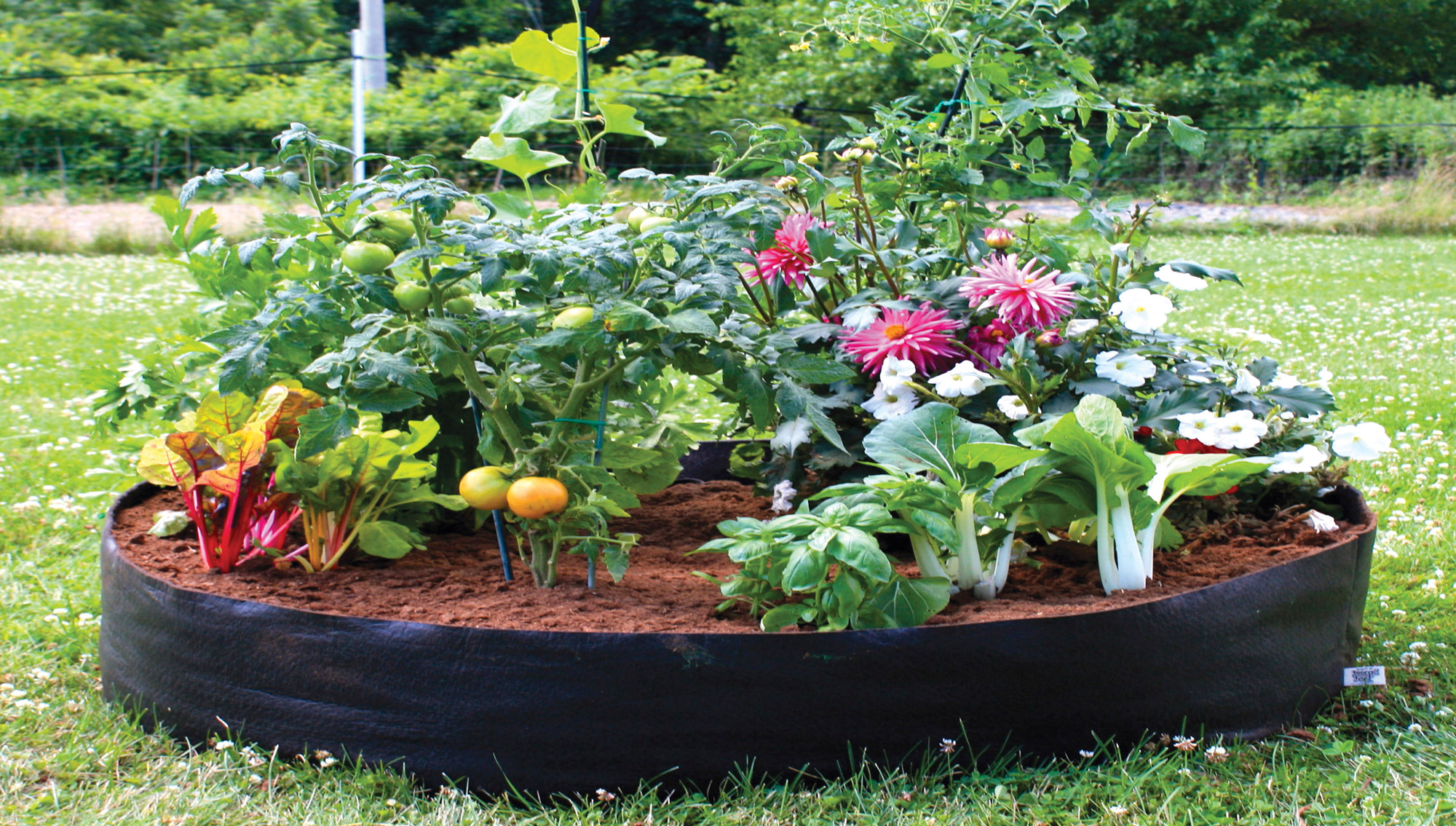


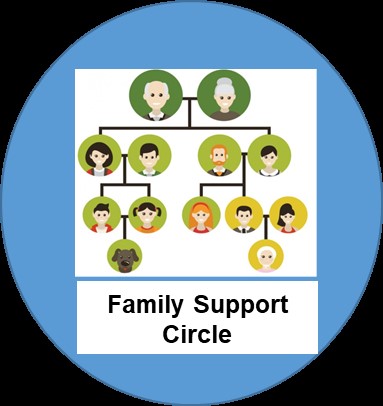

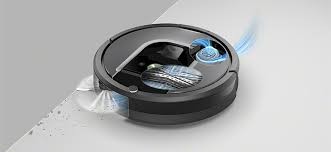

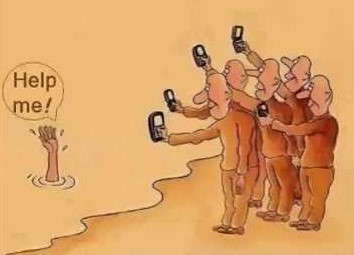

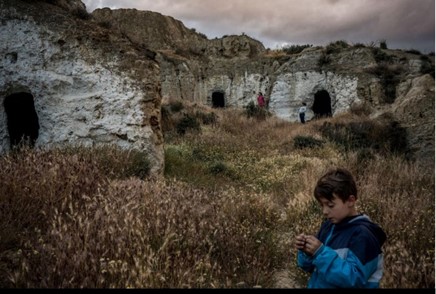
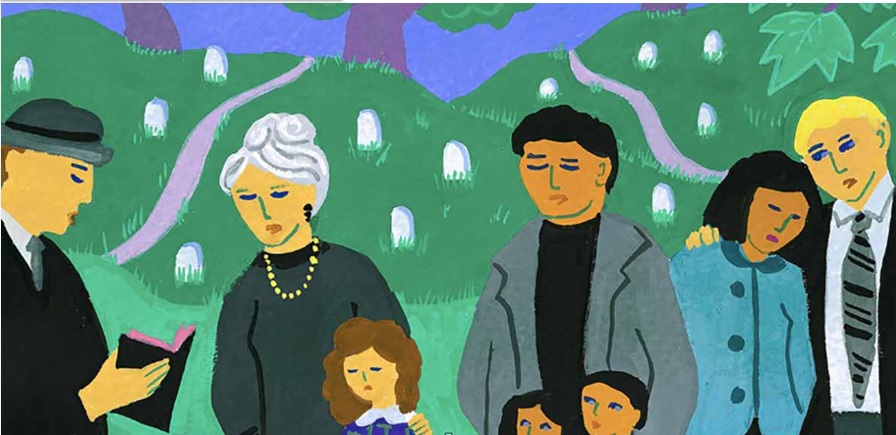
An inspiring vision of how to manage Long Term Care.